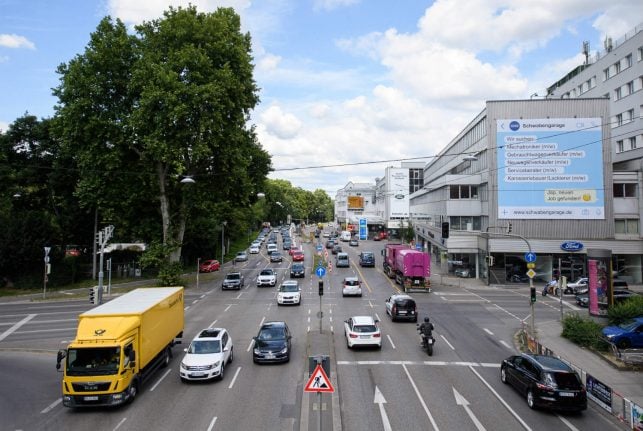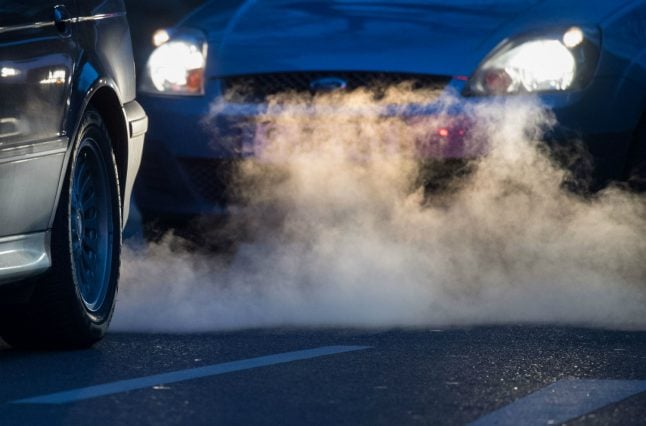The upper house confirmed a Bundestag (lower house) vote to henceforth deem
“disproportionate” driving bans in cities that only slightly exceed air pollution limits.
In practice it will give cities above the European Union's upper limit of an annual average of 40 microgrammes of nitrogen dioxide (NO2) per cubic metre, but less than 50 microgrammes, flexibility to take other measures to reduce air pollution.
SEE ALSO: German government moves to head off city diesel bans
“Driving bans are a harsh medicine, and they are only proportionate if it is unlikely other measures will quickly mean the limits are respected,” junior environment minister Florian Pronold said Thursday.
Local authorities in Hamburg and Stuttgart have in recent months bowed to court orders for exclusion zones on older cars using the fuel in a bid to reduce pollution, with other cities including capital Berlin set to follow suit.
SEE ALSO: Stuttgart to bring in city-wide diesel ban at start of next year
Those rulings were based on the EU upper limit of 40 microgrammes of NO2.
Numerous German cities have NO2 levels above 50 microgrammes per cubic metre.
An environmentalist group that successfully sued for many of the diesel bans in heavily-polluted cities criticised the move.
“The EU… makes unmistakeably clear that the Europe-wide threshold is set at 40 microgrammes and must be met, with no ifs or buts,” Jürgen Resch, director of the Deutsche Umwelthilfe (DUH), said in a Thursday statement.
“Diesel bans are the last measure that is both possible and proportional to achieve clean air… however much the federal government may bristle at them,” he added.
On top of the looser threshold, lawmakers also exempted the newest diesels conforming to the “Euro 6” standard, as well as refitted older vehicles and municipal services like rubbish collection and buses from possible bans.
And they ordered that any exclusion zone should be enforced only with mobile spot checks, rather than dragnet-style data collection.
SEE ALSO: How diesel bans have ignited a debate about dirty tricks and dodgy money
Nitrogen dioxide and other pollutants emitted by diesel vehicles have become a new headache for Germany's powerful car industry, which turned to the fuel to reduce output of the greenhouse gas carbon dioxide.
Especially since car giant Volkswagen's 2015 admission to manipulating 11 million diesel vehicles worldwide to appear less polluting, the manufacturers have been scrambling to catch up to foreign competitors in the race to build emissions-free electric vehicles.
But Berlin has faced accusations it is going too easy on the firms, fearing voter backlash if car industry jobs vanish or drivers' access to cities is restricted.



 Please whitelist us to continue reading.
Please whitelist us to continue reading.
Member comments